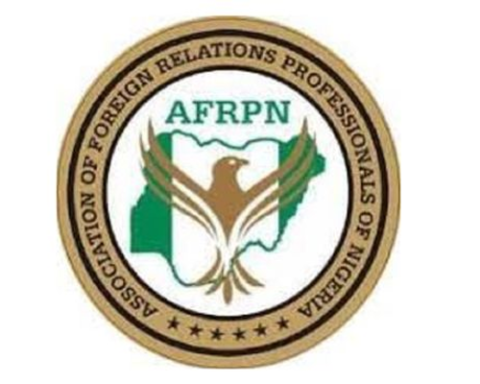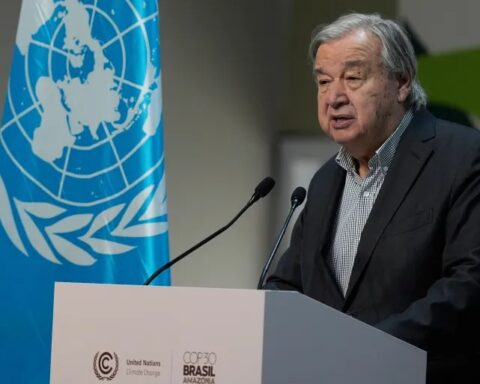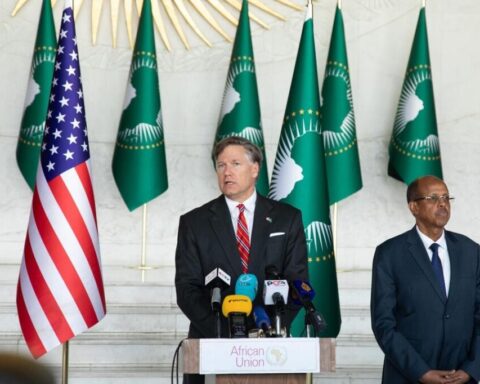By Tiamiyu Arobani
UN Secretary-General Antonio Guterres has appointed an independent scientific panel of 21 experts to examine the physical and societal consequences of a nuclear war.
The panel would examine the consequences of war on a local, regional and planetary scale in the days, weeks and decades following such an event.
The creation of the panel, mandated by a General Assembly resolution, comes at a time when nuclear guardrails are being eroded.
‘The risk of nuclear war is higher than at any point since the depths of the Cold War,” UN deputy spokesperson Farhan Haq said.
The panelists will seek input from a wide range of stakeholders, including international and regional organisations, the International Committee of the Red Cross (ICRC), civil society and affected communities.
Members will hold their first meeting in September and will submit a final report to the General Assembly in 2027.
The General Assembly had on December 31, 2024, adopted a resolution expressing grave concerns at the devastation that would be visited upon humankind by a nuclear war.
The Assembly also recognised the consequent need to make every effort to avert the danger of such a war.
It said it was “alarmed at the renewed prospect of a nuclear war and gravely concerned by the catastrophic humanitarian and environmental consequences that would result from it.
The Assembly acknowledged the accumulated scientific evidence that existed for nuclear war to result in long-term, large-scale, environmental, physical and socioeconomic effects, due to radiation, blast, fire and other phenomena.
It noted the affirmation that a nuclear war could not be won and must never be fought.
The Assembly reaffirmed that the most effective guarantee against the danger of nuclear war and the use of nuclear weapons is nuclear disarmament and the total elimination of nuclear weapons.
It stressed that removing the threat of a nuclear war was the most acute and urgent task of the present day.
The Assembly called upon all States to renew their commitment to nuclear disarmament and non-proliferation, given the devastation that would be visited upon humankind by a nuclear war.



























